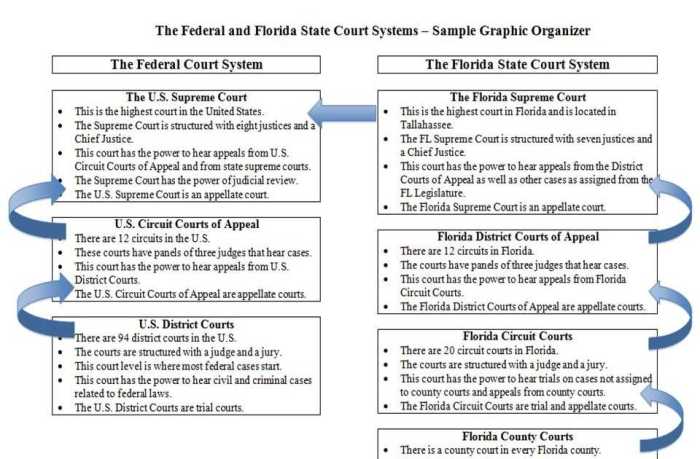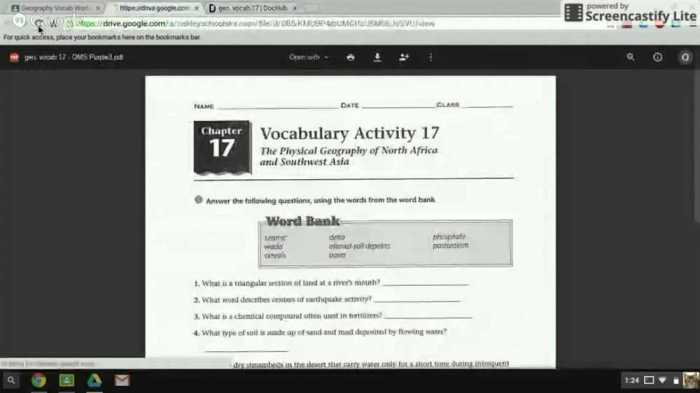Major clash compromise icivics answer key: Delve into the complexities of civic education, exploring the significance of major clash compromises and gaining insights from the iCivics answer key. This comprehensive guide unravels the intricacies of historical case studies, teaching strategies, and ethical considerations surrounding major clash compromises, providing a valuable resource for educators and students alike.
As we delve into the topic of major clash compromises, the iCivics answer key serves as a guiding light, illuminating key concepts and ideas. By examining its accuracy and comprehensiveness, we can identify areas for improvement and enhance our understanding of this crucial aspect of civic education.
Major Clash Compromise: Definition and Significance

A major clash compromise is a resolution reached when two or more opposing sides agree to give up some of their demands to achieve a mutually acceptable outcome. This type of compromise is often necessary in a democratic society where diverse interests and values coexist.
Major clash compromises are significant in civic education as they demonstrate the importance of finding common ground, negotiation, and compromise in resolving conflicts. They also highlight the complexities of decision-making in a pluralistic society and the need for individuals to be open-minded and willing to consider different perspectives.
Examples of Major Clash Compromises in History
- Missouri Compromise (1820): Admitted Missouri as a slave state and Maine as a free state, maintaining the balance of power between pro-slavery and anti-slavery forces.
- Civil Rights Act of 1964: Prohibited discrimination based on race, color, religion, sex, or national origin, marking a significant step towards racial equality.
ICivics Answer Key: Overview and Analysis
The iCivics answer key provides detailed explanations and analysis of the concepts and questions presented in the iCivics curriculum. It is a valuable resource for students and educators to ensure accurate understanding of the material.
The answer key is generally accurate and comprehensive, providing clear and concise explanations of key concepts. However, there may be areas where it could be improved, such as providing more context or examples for complex topics.
Strategies for Teaching Major Clash Compromises, Major clash compromise icivics answer key
- Use primary and secondary sources to illustrate the historical context and perspectives of different sides.
- Incorporate interactive activities and simulations to engage students and make the learning experience more dynamic.
- Encourage students to analyze different compromises and identify their strengths and weaknesses.
Historical Case Studies of Major Clash Compromises: Major Clash Compromise Icivics Answer Key

Missouri Compromise
The Missouri Compromise was a major clash compromise that temporarily resolved the issue of slavery in the newly acquired Louisiana Territory. It admitted Missouri as a slave state and Maine as a free state, maintaining the balance of power between pro-slavery and anti-slavery forces.
The compromise was significant as it prevented the immediate secession of Southern states and preserved the Union. However, it also deepened sectional tensions and set the stage for the Civil War.
Civil Rights Act of 1964
The Civil Rights Act of 1964 was a landmark piece of legislation that outlawed discrimination based on race, color, religion, sex, or national origin. It marked a major step towards racial equality and desegregation in the United States.
The Act was the result of years of struggle and activism by civil rights leaders and organizations. It had a profound impact on American society, helping to dismantle the system of Jim Crow segregation and discrimination.
Comparative Analysis of Major Clash Compromises
| Compromise | Date | Issue | Outcome |
|---|---|---|---|
| Missouri Compromise | 1820 | Slavery in Louisiana Territory | Admitted Missouri as a slave state and Maine as a free state, maintaining balance of power |
| Civil Rights Act of 1964 | 1964 | Racial discrimination | Outlawed discrimination based on race, color, religion, sex, or national origin |
| Good Friday Agreement | 1998 | Northern Ireland conflict | Power-sharing government, devolution of powers, release of political prisoners |
Ethical Considerations in Major Clash Compromises
Major clash compromises can have both intended and unintended consequences, raising ethical considerations for those involved in negotiating and implementing them.
One ethical concern is the potential for unintended negative consequences. For example, a compromise that is intended to resolve one conflict may inadvertently create new conflicts or exacerbate existing ones.
Another ethical concern is the potential for unfair or unjust outcomes. Compromises may be necessary to achieve a resolution, but it is important to ensure that they are fair and equitable to all parties involved.
Contemporary Applications of Major Clash Compromise
The principles of major clash compromise can be applied to contemporary issues and conflicts in various ways.
- Environmental protection: Finding common ground between economic development and environmental conservation.
- Immigration reform: Balancing border security and humanitarian concerns.
- Healthcare policy: Balancing access to affordable healthcare with cost containment.
Commonly Asked Questions
What is the significance of major clash compromises in civic education?
Major clash compromises are crucial in civic education as they provide insights into the complexities of resolving conflicts and balancing diverse perspectives. By studying these compromises, students develop critical thinking skills, understand the importance of negotiation, and appreciate the challenges of achieving consensus in a pluralistic society.
How can the iCivics answer key enhance my understanding of major clash compromises?
The iCivics answer key provides a concise summary of key concepts and ideas related to major clash compromises. It serves as a valuable resource for clarifying complex issues, reinforcing learning, and identifying areas where further exploration is needed.
What are some effective teaching strategies for explaining major clash compromises to students?
Effective teaching strategies include using primary and secondary sources to provide historical context, incorporating interactive activities and simulations to engage students, and facilitating discussions that encourage critical thinking and multiple perspectives.
